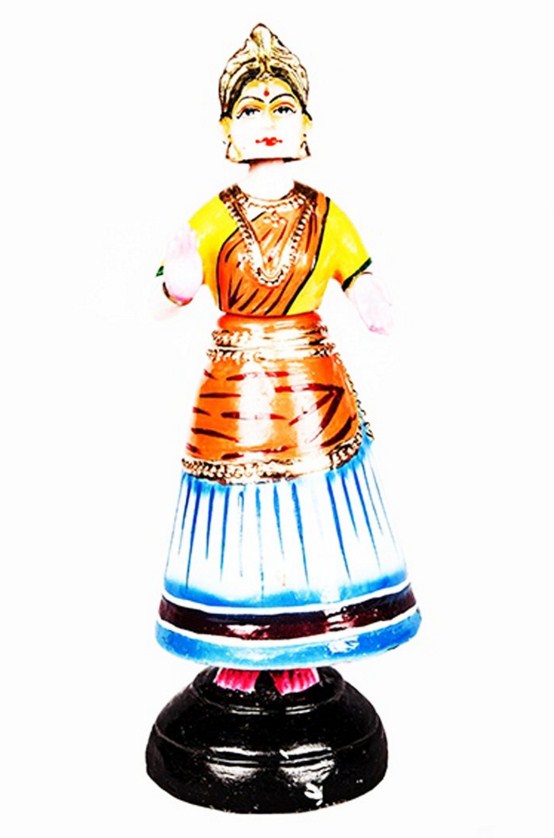India has a total of 236 GI products and Tamil Nadu comes first for the number of GI tags on its products, while Uttar Pradesh comes second. Darjeeling Tea was the first Indian product to get a Geographic Indication in the early 2000’s. Geographical Indications (GI) have become a matter of pride for the state, as well as the country. So what it is a Geographical Indication and how do these numbers add up?
As a member of the World Trade Organisation, India brought into effect the Geographical Indication of Goods Act in 1999. This was essentially defined as “A sign used on products that have a specific geographical origin and possess certain qualities due to that origin”. The GI sign protects these products from being duplicated, thus assuring customers the quality that the product brings. Geographical Indications for products also enables the world to recognise these unique products, boost the tourism and trade for the country and the state, thus becoming a cultural and economic pride.
Tamil Nadu tops the list of local products that have been earmarked for GI. The state has submitted 50 products of which 24 have been approved by the registry. The most famous among these would be the Kanchipuram silk. The town of Kanchipuram believes its weavers are descendents of Sage Markands, the master weaver of Gods, and true to the tale, the saris stand out in their resplendence. Other textiles from Tamil Nadu to get the GI sign include Salem Silk, Kovai Cora Cotton and Arani silk. The hand-woven Madurai Sungudi is famed for its natural dyes and dotted patterns. It is the first product from the town of Madurai to get the GI tag, but it is closely followed by the Madurai Malli. The malli or jasmine from Madurai is in demand across the world for its seductive fragrance, from which branded perfumes are formulated.
A very unique product that is probably the only one of its type to get the GI tag is the Coimbatore wet grinder. An indigenous product of the city, this grinder’s matchless design helps millions across the country grind batter for their favourite idli and dosa. Moving away from food to culture, Indian dancers often get envious looks at their stone studded jewellery. The men behind the glitter are the artisans of Vadasery in Nagercoil district, who have for centuries made dazzling jewellery of a unique kind for temple Gods across South India. Nagercoil temple jewellery as it is called has earned itself the well deserved GI tag. Talking of dancers, the Tanjavur Dancing Doll is a study in not just arts, but science as well. This GI doll is made of terracotta, in such proportions that when shaken, the doll dances and comes back to its original state always, thanks to centre of gravity.
Be it a brilliant weaving technique, a sumptuous traditional dish, or nature’s own flora, India has a rich tradition to preserve. In a world driven by patents and copyrights, Geographical Indications are a boon to protect India’s rich cultural and natural resources.






